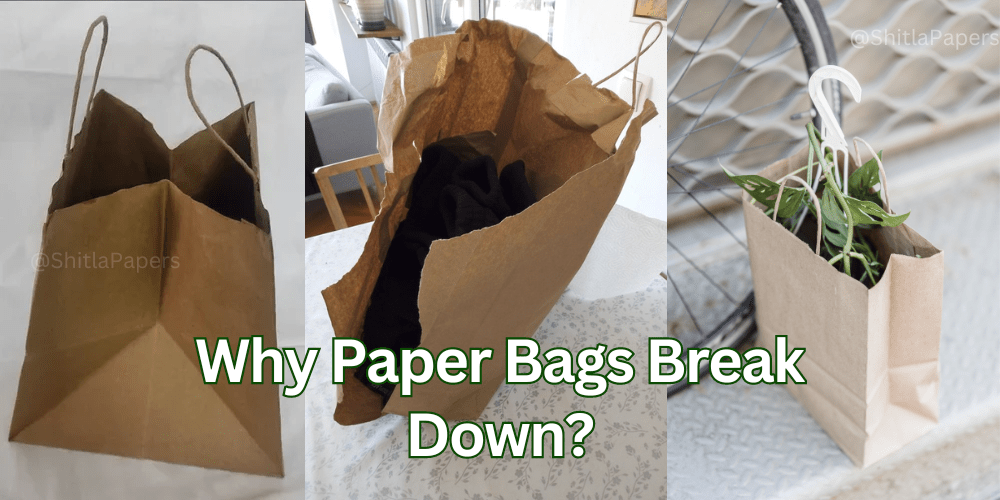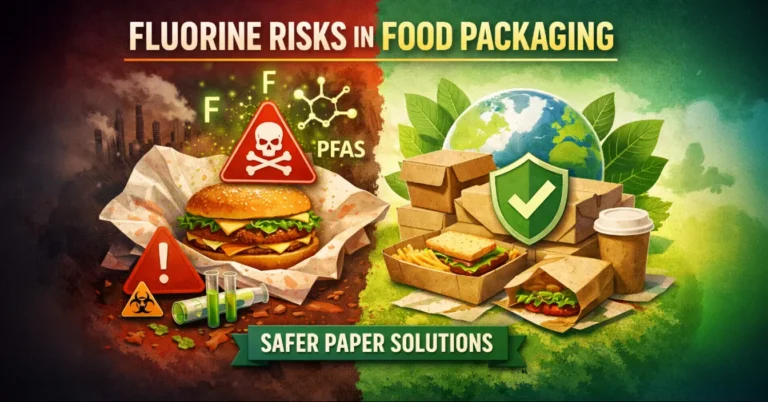Introduction
Paper bags have gained popularity as an eco-friendly alternative to plastic bags due to their renewable nature and minimal environmental impact. However, have you ever wondered why paper bags eventually break down? In this article, we will explore the composition of paper bags, the environmental factors that contribute to their breakdown, and the benefits of their biodegradability.
Table of Contents
Environmental Impact of Paper Bags
- Biodegradability of Paper: One of the key reasons paper bags break down is their biodegradable nature. Unlike plastic bags that persist in the environment for hundreds of years, paper bags can decompose relatively quickly under the right conditions.
- Decomposition Process: When paper bag is exposed to moisture, microorganisms such as bacteria and fungi start breaking down the cellulose fibers present in the paper. These microorganisms consume the cellulose as a source of energy, resulting in the breakdown of the paper bag over time.
- Factors Affecting Breakdown: The rate at which paper bag break down can vary depending on several factors. Temperature, humidity, oxygen levels, and the presence of microorganisms all play a role in the decomposition process. In ideal conditions, a paper bag can completely decompose within a few weeks to a few months.
Benefits of Biodegradable Packaging
The biodegradability of paper bags offers several benefits. Firstly, it reduces the accumulation of waste in landfills, as paper bags can naturally break down and become part of the soil. This process helps in enriching the soil with organic matter and supporting plant growth.
Furthermore, the biodegradability of paper bags minimizes the risk of harm to wildlife. Animals that mistakenly consume small plastic fragments can suffer from digestive issues or even death. Paper bags, on the other hand, pose a lesser threat to wildlife as they can be digested or broken down harmlessly.
Comparison to Plastic Bags
Environmental Concerns of Plastic Bags: Plastic bags are notorious for their negative impact on the environment. They are non-biodegradable and can persist in the environment for hundreds of years, contributing to pollution and harming marine life.
Longevity of Plastic Bags: Unlike paper bags, plastic bags do not break down easily. The durable nature of plastic makes it resistant to decomposition, leading to long-lasting pollution in landfills, oceans, and other natural habitats.
The Role of Recycling
While paper bags offer biodegradability, recycling them can further extend their lifespan and reduce environmental impact. By recycling paper bags, we can conserve resources, reduce energy consumption, and minimize waste generation. Recycling also helps in the production of new paper products, closing the loop in the lifecycle of paper bags.
Conclusion
Paper bags break down due to their biodegradable nature and the actions of microorganisms that consume the cellulose fibers. Their decomposition process is influenced by environmental factors such as temperature, humidity, and the presence of microorganisms. Compared to plastic bags, paper bags offer a more environmentally friendly option for packaging and reducing waste.
FAQs
Are paper bags more eco-friendly than plastic bags?
Yes, paper bags are more eco-friendly than plastic bags due to their biodegradability and use of renewable resources.
How long does it take for a paper bag to decompose?
The time it takes for a paper bag to decompose can range from a few weeks to several months, depending on environmental conditions.
Can paper bags be recycled?
Yes, paper bags are recyclable. Recycling paper bags helps conserve resources and reduces waste.
Are paper bags better for wildlife than plastic bags?
Paper bags pose a lesser threat to wildlife compared to plastic bags as they can break down harmlessly and are less likely to be ingested by animals.
What are the advantages of using biodegradable packaging?
Biodegradable packaging, like paper bags, helps reduce waste, enriches soil with organic matter, and minimizes harm to wildlife.





